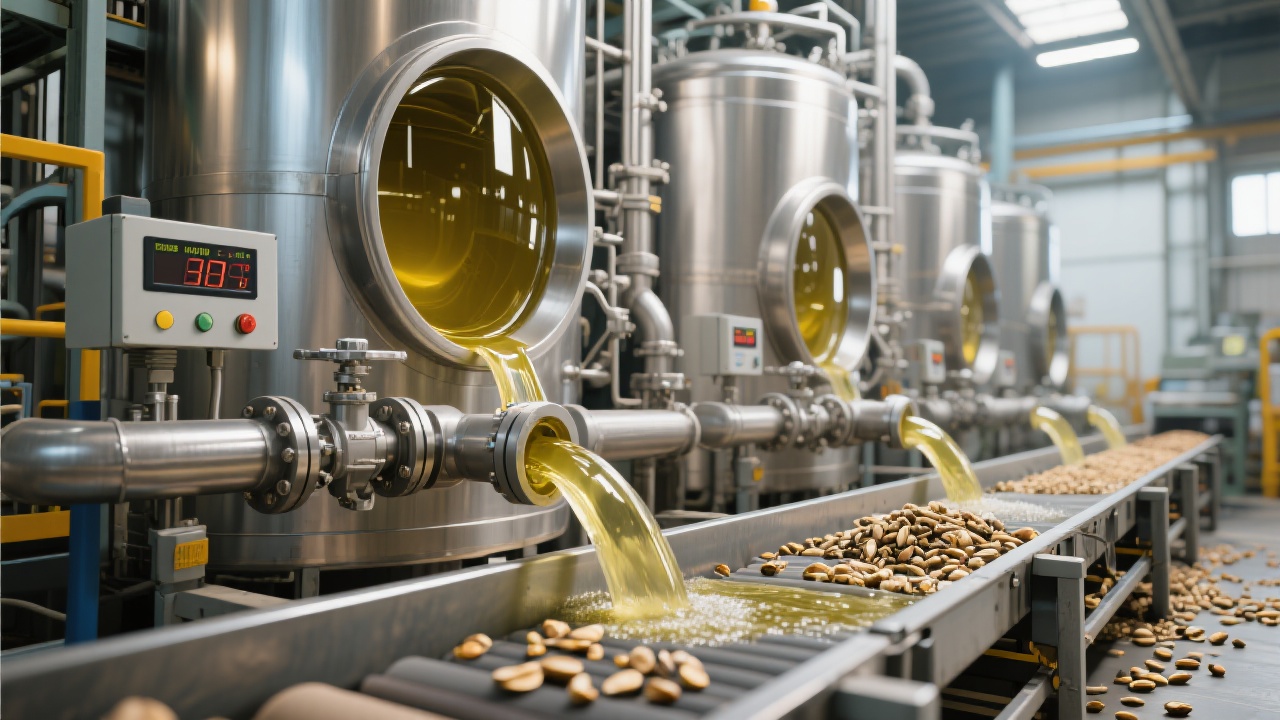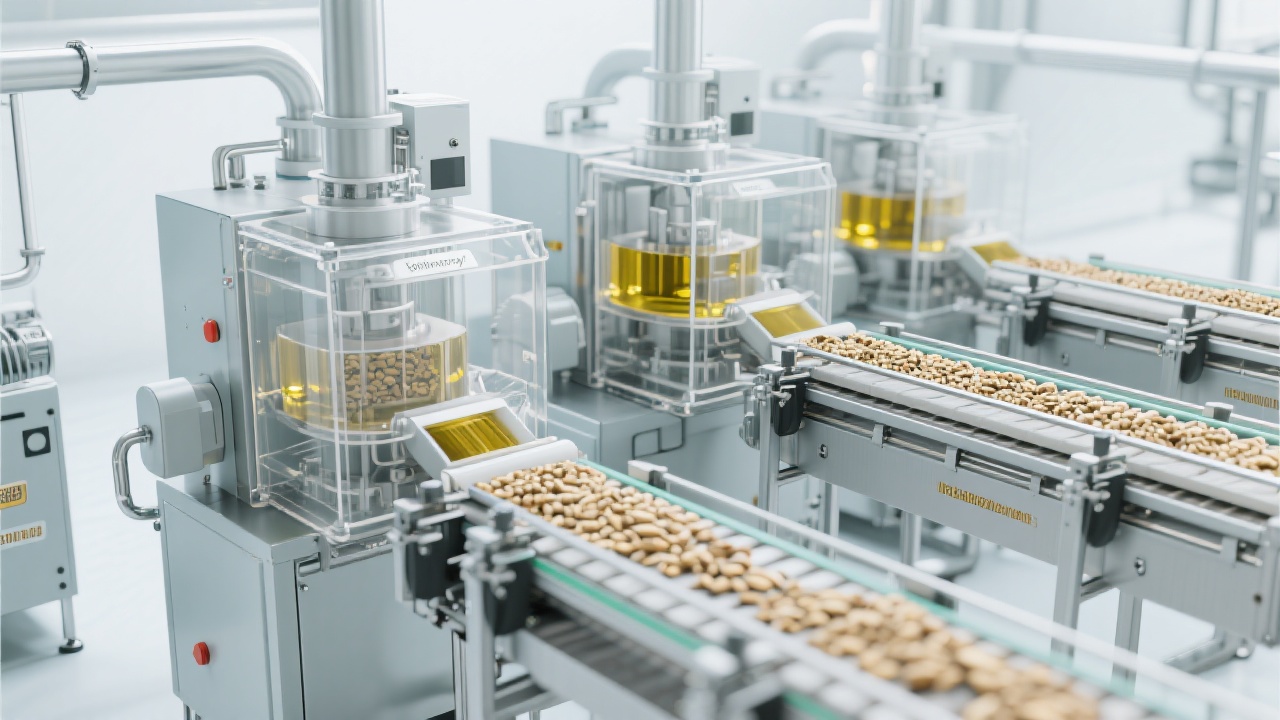
In the competitive realm of peanut oil production, the choice of pressing equipment plays a pivotal role in determining efficiency, yield quality, and sustainability. Facing rising energy costs and stringent quality demands, manufacturers are increasingly turning to low-energy peanut oil press machines that merge technology with environmental consciousness. This article dissects the core advantages of these advanced machines, illuminated by their compliance with international standards such as ISO9001:2000, and demonstrates how these innovations reshape the industrial landscape.
Modern peanut oil production is no longer limited to traditional mechanical pressing methods. The industry faces challenges including high energy consumption, inconsistent oil yields, and the need for automated operations that ensure both safety and product integrity. Selecting a proficient press machine thus becomes a strategic imperative to sustain competitive advantage. A low-energy design fundamentally addresses these concerns by reducing operational costs while maintaining or enhancing output quality.
| Key Feature | Benefit | Impact on Production |
|---|---|---|
| Energy Consumption Reduction | Up to 30% less power usage than conventional presses | Significant cost savings and lower environmental footprint |
| High Oil Yield Efficiency | Oil extraction rates exceeding 85% | Maximized raw material utilization ensuring better profitability |
| Intelligent Control Systems | Real-time monitoring and automated adjustments | Minimized human error and optimized process consistency |
| Compact, Environmentally Friendly Design | Reduced emissions and noise pollution | Compliant with modern industrial environmental regulations |
The ISO9001:2000 certification is a globally acknowledged benchmark that ensures an organization's quality management systems meet rigorous standards. For manufacturers of peanut oil press machines, obtaining this certification means adherence to strict production protocols, quality control measures, and ongoing process improvements.
By complying with ISO9001:2000, these machines guarantee:
Such certification does not merely certify quality but also reflects the manufacturer’s commitment to continuous improvement and customer satisfaction. Companies investing in ISO-certified equipment demonstrate a focus on excellence, critical for global supply chain partnerships.
Low-energy peanut oil press machines exhibit remarkable adaptability across diverse production environments. In traditional settings, where labor intensity and manual oversight are higher, these machines introduce automation that increases throughput and reduces operator fatigue.
Meanwhile, in modern, fully automated facilities, their intelligent control systems integrate seamlessly with Industry 4.0 solutions, enabling predictive maintenance and data analytics that optimize operational efficiency.
Case in point: A mid-sized peanut oil factory reported a 25% increase in daily output and a 20% cut in energy consumption after upgrading to a low-energy press machine, showcasing measurable benefits in both cost and efficiency.

Across multiple regions, oil processing enterprises have endorsed low-energy peanut oil press machines for their robust performance. One notable example is a Nigerian oil mill that experienced a 15% rise in oil extraction yield and a significant reduction of maintenance downtime within its first six months of use.
Another European client highlighted how the machine’s eco-friendly build helped achieve compliance with stricter environmental legislation, facilitating smoother export approvals and enhancing brand reputation.
These cases underscore how the integration of internationally certified, energy-conscious equipment can translate into tangible business value — from operational savings to compliance and market competitiveness.

The low-energy peanut oil press machine stands out as a transformative solution for the contemporary oil processing industry. Balancing energy efficiency, high yield, and intelligent automation underpinned by ISO9001:2000 certification, it empowers enterprises to optimize production lines while advancing environmental stewardship.
In a market where operational costs and product quality dictate success, adopting this equipment provides a strategic edge. Whether upgrading an existing facility or founding a new processing plant, choosing technology that guarantees performance, compliance, and sustainability is paramount.

Discover How Our Low-Energy Press Machines Can Transform Your Production Efficiency

